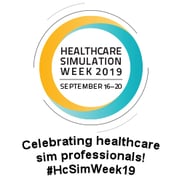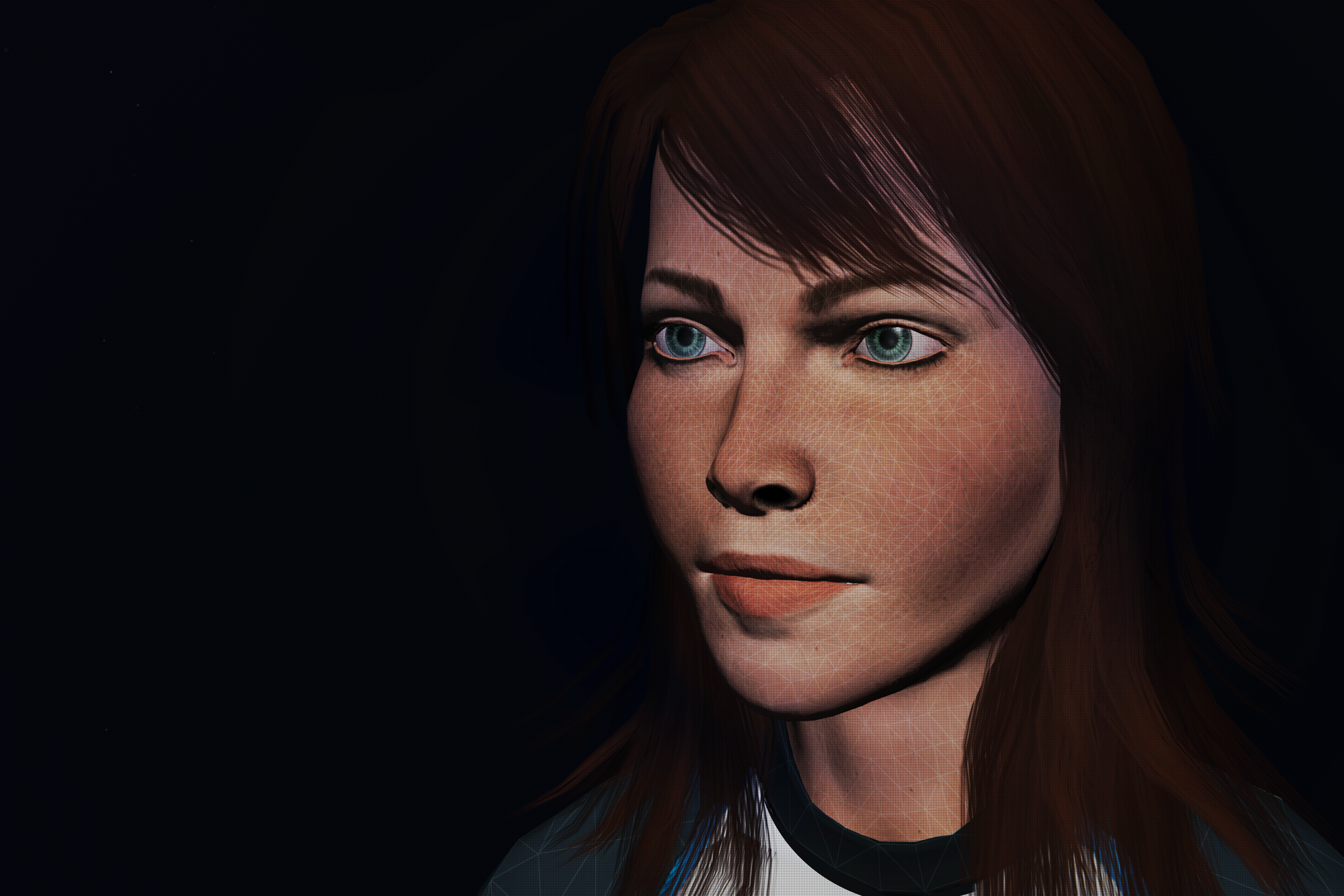
This week is Healthcare Simulation Week championed by the Society for Simulation in Healthcare. The team behind PCS wanted to celebrate this week in a way that is truly aligned with the academic and professional mission of SSH, and contribute to the simulation community in a meaningful way.
Today, PCS is announcing a mini-grant for innovative simulation programs with a passion for cutting-edge technology (AI & Virtual Reality) and an aspiration to elevated their clinical interview training opportunities. Details below.
*The application period for this grant has now closed. We appreciate your interest and encourage you to apply for future opportunities.*
Now Accepting Grant Applications
The PCS Research & Growth Division is announcing the Call for Applications for an AI in Healthcare Simulation Mini-Grant. PCS Research & Growth Div. will award a 1-year subscription of VERA PLUS ($9K) to support promising usage & studies of an AI-powered digital patient set in virtual reality to enhance non-technical (communication) skills teaching and practice.
Deadline
December 31, 2019 11:59pm Pacific Standard Time (PST). Recipient notified of award January 19, 2020.
Introduction
Virtual Reality (VR) has been used in medical education since 1965, with head-mounted displays (HMD) arriving to the scene in the late 1980s(1); however, VR applications have been primary reserved for surgical and anatomical fields of training. In recent years, VR has become a far more stable and cost-effective platform; thus, the use of virtual reality has both increased and expanded to include non-technical skills in health education over the past 10 years. Yet the use of VR simulators remains higher for technical skills training and to a far lesser extent for non-technical skills (cognitive and interprofessional skills). Few studies have measured the effects of VR simulation on non-technical skills development and even fewer studies systematic research(2).
PCS pioneers technology for training provider-patient communication skills. Built on the latest machine learning technologies, the PCS Communication Engine can realistically simulate a patient interview: learners can ask their questions naturally, unscripted and PCS verbally responds with scenario-specific answers. Within the domain of medical interviewing and typical healthcare professional interactions, the PCS Engine can successfully provide the reactions of a human patient, creating a new kind of practice and training experience.
Objectives
Increase awareness, understanding and evidence-based literature about adopting virtual reality and AI in health education training for non-technical skills (such as provider-patient communications skills). Methodologically sound simulation-based usage and projects using quantitative, qualitative or hybrid approaches are encouraged.
To maximize the mini-grant, PCS Research & Growth Div recommends an ideal use commitment of 80 minutes of clinical interviewing per month (12 sessions total). Also, participation in a pre & post experience survey of approximately 12 questions per quarter (approximately 15 minutes maximum per survey every 3 months) is required.
Applicant Eligibility
- Higher Education Institutions
- Allied Health (Schools of Medicine, Schools of Nursing; Technical schools)
- Domestic (U.S.) and Canada only. Foreign Institutions: Currently, VERA | PCS AI is localized to North American English; thus, at this time, non-domestic (non-North American) Entities (Foreign Institutions) are not eligible to apply.
Application
Submit your application through the PCS Online Application form.
References
- Panteleimon Pantelidis, Angeliki Chorti, Ioanna Papagiouvanni, Georgios Paparoidamis, Christos Drosos, Thrasyvoulos Panagiotakopoulos, Georgios Lales and Michail Sideris (December 20th 2017). Virtual and Augmented Reality in Medical Education, Medical and Surgical Education - Past, Present and Future, Georgios Tsoulfas, IntechOpen, DOI: 10.5772/intechopen.71963. Available from: https://www.intechopen.com/books/medical-and-surgical-education-past-present-and-future/virtual-and-augmented-reality-in-medical-education
- Marie-Stéphanie Bracq, Estelle Michinov, Pierre Jannin. Virtual Reality Simulation in Nontechnical Skills Training for Healthcare Professionals. Simulation in Healthcare, Lippincott, Williams & Wilkins 2019, 14 (3), pp.188-194. ⟨10.1097/SIH.0000000000000347⟩. ⟨hal-01980000⟩

